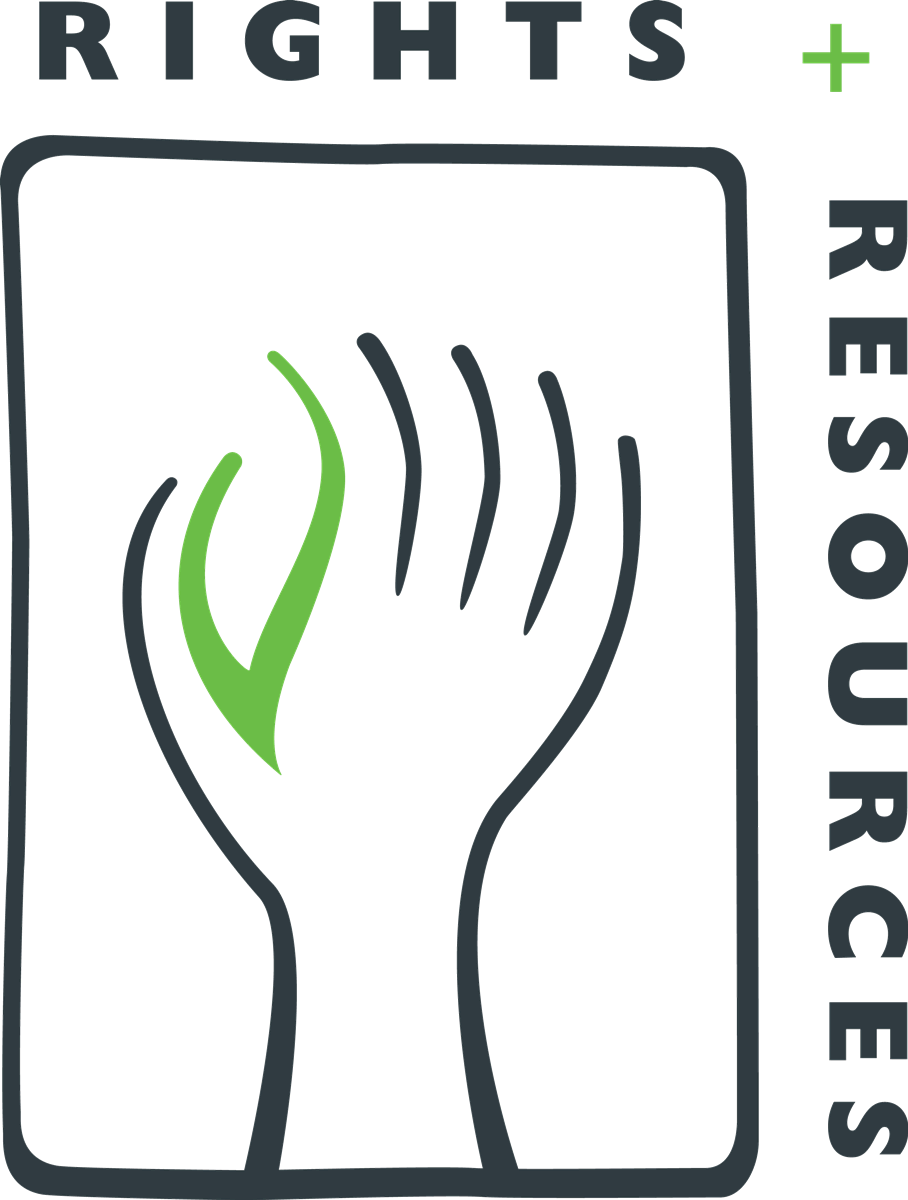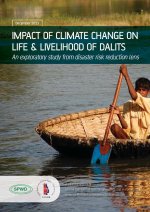Focal point
Location
The Rights and Resources Initiative is a strategic coalition of international, regional and community organizations engaged in development, research and conservation. Together, we are working to encourage greater global commitment and action on pro-poor tenure, policy and market reforms.
The RRI coalition is formed by a group of core Partners who conduct work in specific areas of their regional and thematic expertise. Partners also engage with a wide group of collaborators who participate in and support RRI activities around the world. RRI is a strategic coalition that goes beyond the traditional set of international development actors to involve a wide spectrum of organizations, each of which provides a critical perspective in the larger chain of actors necessary to advance change.
Our Mission
RRI’s Mission is to support local communities’ and indigenous peoples’ struggles against poverty and marginalization by promoting greater global commitment and action towards policy, market and legal reforms that secure their rights to own, control and benefit from natural resources, especially land and forests.
Global Challenge, a Global Opportunity
Forests cover close to 30 percent of the world's land area, and more than a billion people rely on forests to a significant extent for their food, fuel and income.
An estimated 350 million indigenous and tribal peoples are at least partly dependent on forests, including some 60 million who are substantially dependent on forests for their subsistence and livelihoods. Forests are also particularly important to poor women, who shoulder much of the burden for hauling wood and collecting and marketing forest products.
Dominant models of forest industry and conservation have often exacerbated poverty and social conflicts and have precluded pro-poor economic growth. The lack of clear rights to own and use forest land, develop enterprises, and trade in forest products has driven millions of forest dwellers to poverty and encouraged widespread illegal logging and forest loss.
The world will not meet national and global goals to reduce poverty and protect the environment unless poor peoples' rights to land and resources are strengthened. Neither will the world effectively mitigate or adapt to climate change without clarifying local tenure and governance. The next two decades are critical--both for the poor and for the forests.
There are reasons for optimism. Organizations of indigenous peoples and forest-dwelling communities are gaining voice and opportunity, and after decades of limited action many countries are beginning to consider far-reaching legal and policy reforms. There is a major opportunity to advance the rights and livelihoods of forest peoples by establishing the institutional foundations for sustained conservation and forest-based economic development.
Resources
Displaying 66 - 70 of 109Impact of Climate Change on Life & Livelihoods of Dalits
Dalit stakes in environment are high due to their dependence on natural resources for livelihoods. Though climatic uncertainties have implications on many sectors, rural livelihoods are most affected by changes in climatic patterns. Dalits, who are highly dependent on earnings from agricultural labour and, livestock rearing dependent on forests and other common lands have fewer resources and options to combat the damages to the resourcebase because of climate change.
Landowners or laborers: What choice will developing countries make?
During 2012, a key choice facing developing countries revealed itself ever more starkly. Would they choose a development path built on inclusiveness, respect for the rights of their citizens, and the rule of law? Or would they seek a short-cut to development and opt to hand over community land and natural resources to international investors and national elites? Would they turn their rural citizens from landowners into landless laborers?
Scaling-Up Strategies to Secure Community Land and Resource Rights
In order to strengthen collective efforts to address these challenges and capitalize on current opportunities to scale up community land rights around the world, from September 19-20, 2013, 180 participants came together in the town of Interlaken, Switzerland.
India’s Forest and Common Lands
A major gap in understanding the situation in India with respect to land and its control is the takeover of common lands, which rarely figures in discourses on land. The Society for Promotion of Wastelands Development (SPWD, New Delhi) and RRI commissioned case studies on the takeover of common lands in India in an attempt to fill this gap. This paper is a compilation of those studies. Based on these case studies, an international conference was held in December 2012 to reflect the current situation and discuss possible policy actions.
Social and Environmental Impacts of Agricultural Large-Scale Land Acquisitions in Africa – With a Focus on West and Central Africa
Focuses on the reported social and environmental impacts of large-scale land transactions (LSLAs) in Africa, with a focus on West and Central Africa (WCA). Provides an analysis of 18 case studies that are among the best-documented LSLAs in terms of their impacts covering Cameroon, Ghana, Liberia, Mali, Rwanda, Senegal, Sierra Leone, Mozambique, Tanzania, and Zambia. Impacts were classified into five groups: tenure, land governance process, economic and livelihood, human and sociocultural, environmental.






